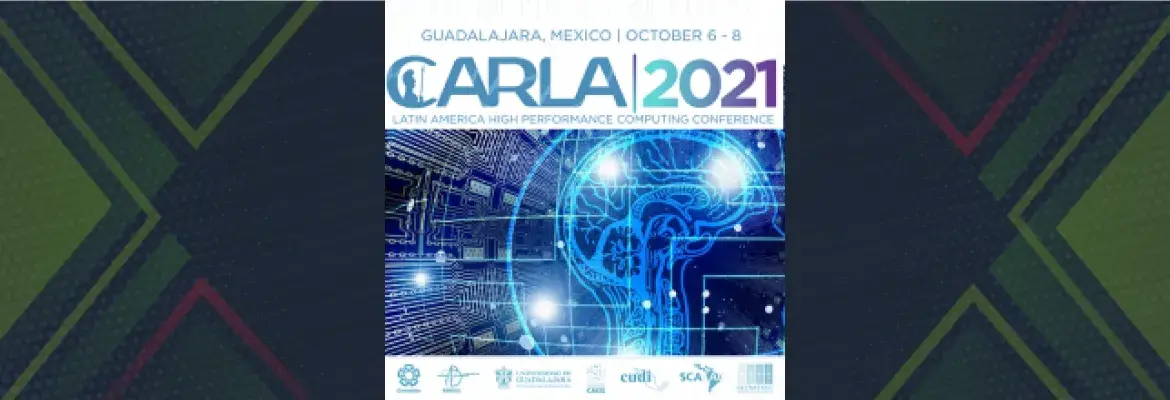Inicia la cuenta regresiva para presentar trabajos en CARLA2021
CARLA es una conferencia internacional cuyo objetivo es proporcionar un foro para fomentar el crecimiento y la fuerza de la comunidad de Computación de Alto Rendimiento (HPC) en América Latina a través del intercambio y la difusión de nuevas ideas, técnicas e investigación en HPC y sus áreas de aplicación. Conferencia realizada desde el 2014, por segunda ocasión México se convierte en sede, ahora de la séptima edición, a realizarse en la ciudad de Guadalajara del 6 al 8 de octubre de 2021.
Esperamos las propuestas de profesores, investigadores, especialistas y estudiantes graduados de todo el mundo, para compartir sus avances en HPC y en HPC & AI (convergencia entre HPC e Inteligencia Artificial), áreas clave, que se están convirtiendo en el motor predominante para la innovación y el desarrollo.
Se extiende el plazo para la recepción de trabajos:Call for Papers 6 de agosto
Call for tutorials 7 de agosto
Call for Workshops 20 de agosto
Nos acompañarán como panelistas:
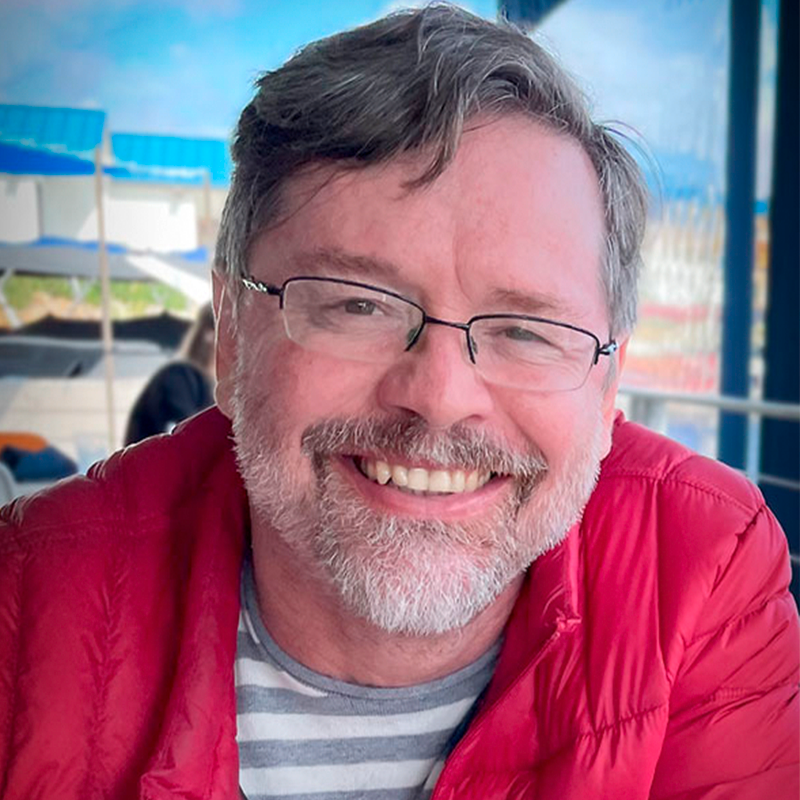 |
Prof. Wuerthwein pursues research in physics and cyberinfrastructure. His research in physics is focused on fundamental properties of matter, and its interactions. As such, his group analyzes data taken with the CMS experiment at the Large Hadron Collider. Wuerthwein’s physics focus includes studies of the Higgs and top particles, and searches for new phenomena, with a special focus on studies that might reveal the nature of dark matter. His research in Cyberinfrastructure is focused on distributed High Throughput Computing (dHTC) across commercial cloud and on-prem resources at campuses globally. His dHTC group at the San Diego Supercomputer Center operates global workflow and data infrastructures for open science from individual researchers to global collaborations like CMS, LIGO, and IceCube. |
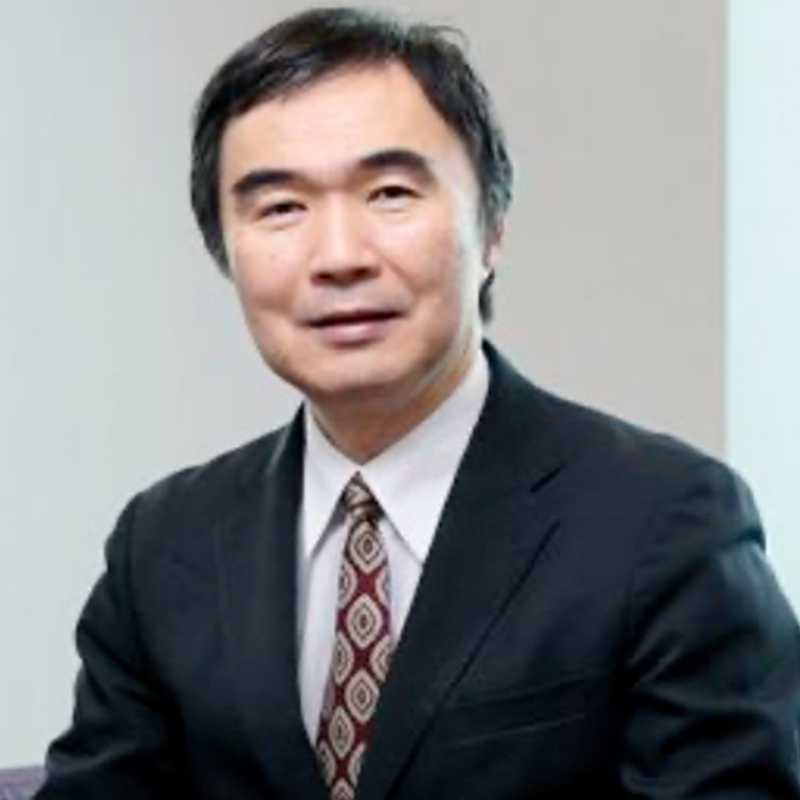 |
Satoshi Matsuoka had been a Full Professor at the Global Scientific Information and Computing Center (GSIC), the Tokyo Institute of Technology since 2001, and the director of the joint AIST-Tokyo Tech. Real World Big Data Computing Open Innovation Laboratory (RWBC-OIL) since 2017, and will become a Specially Appointed Professor at Tokyo Tech starting 2018 along with his directorship at R-CCS. He received his Ph. D. from the University of Tokyo in 1993. |
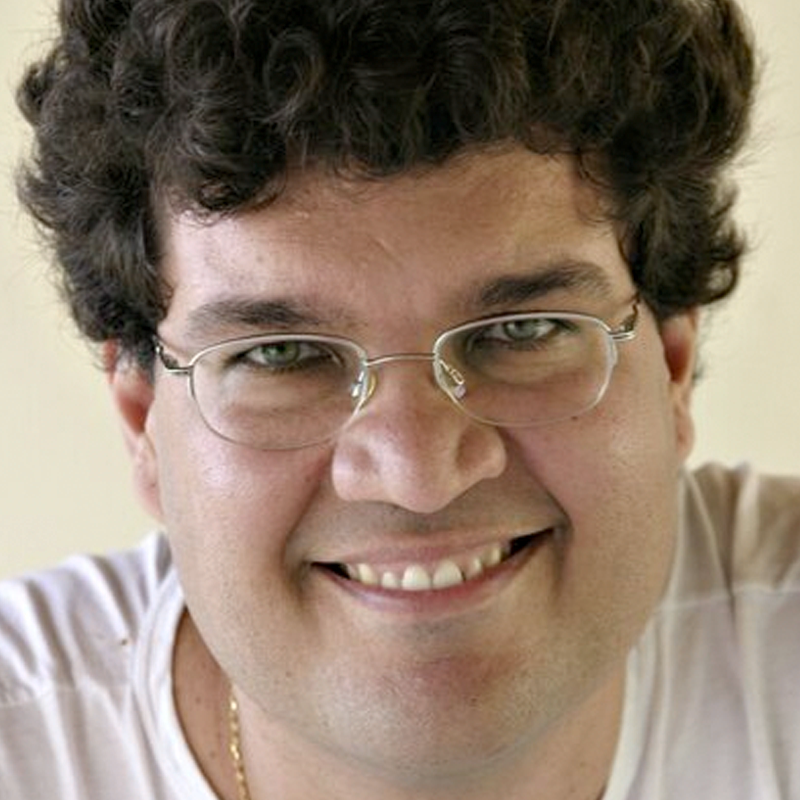 |
Dr. Walfredo Cirne has worked on the many aspects of parallel scheduling and cluster management for the past 25 years. He is currently with the Technical Infrastructure Group at Google in Mountain View, California, where he leads Flex, Google's solution for resource management of its internal Cloud. Previously, he was faculty at the Universidade Federal de Campina Grande, where he led the OurGrid project. Dr. Cirne holds a PhD in Computer Science from the University of California San Diego, and Bachelors and Masters from the Universida Federal de Campina Grande. |
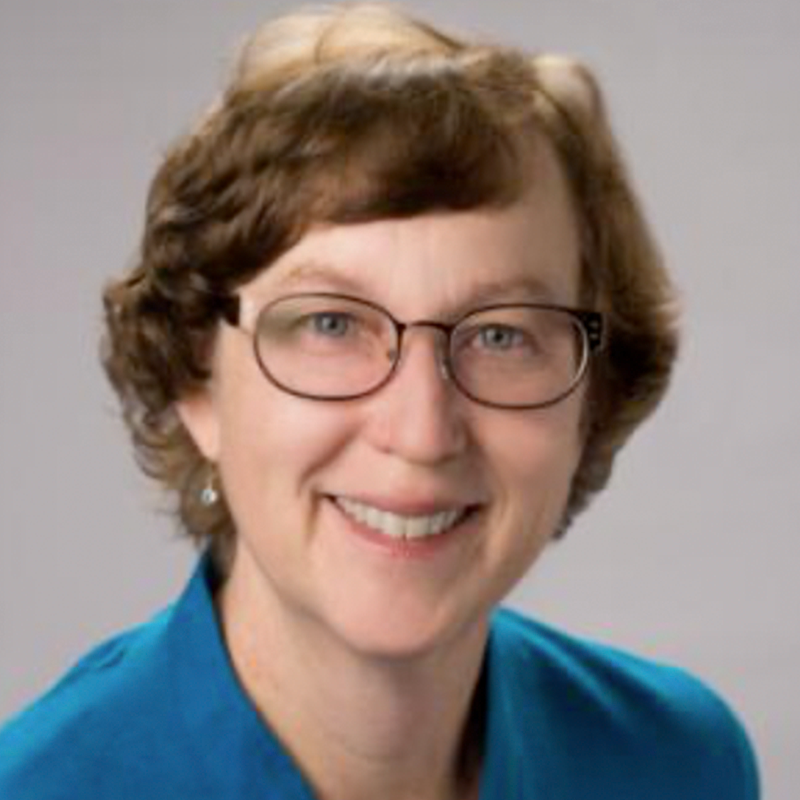 |
Katherine Yelick is the Robert S. Pepper Distinguished Professor of Electrical Engineering and Computer Sciences and the Associate Dean for Research in the Division of Computing, Data Science and Society (CDSS) at the University of California, Berkeley. She is also a Senior Advisor on Computing at Lawrence Berkeley National Laboratory. Her research is in high performance computing, programming systems, parallel algorithms, and computational genomics. She is well known for her work in Partitioned Global Address Space languages, including co-inventing the Unified Parallel C (UPC) and Titanium languages. |










